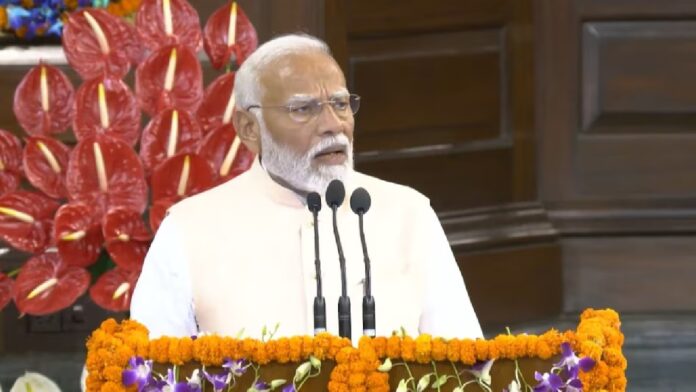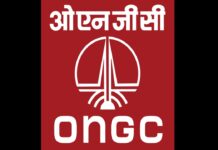The BJP-led NDA government is set to begin its new term on June 9, with Narendra Modi taking the oath of office as Prime Minister at Rashtrapati Bhavan. This marks Modi’s third consecutive term, placing him alongside Jawaharlal Nehru and Indira Gandhi in Indian history. However, unlike previous terms, the BJP fell short of a majority and is forming the government with the support of NDA partners.
This third term as PM is likely to face governance and decision-making challenges due to the lack of a clear BJP majority within the NDA. Modi’s decisions will now require concurrence from his alliance partners, especially for major pending appointments such as a new Army Chief, Cabinet Secretary, and Home Secretary. Agencies like the Directorate of Enforcement and Ministry of Statistics are operating without full-time chairmen, and the Central Board of Direct Taxes Chairman Nitin Gupta is on extension. Additionally, the government must appoint a new RBI Governor by December when Shashikant Das’s term ends, with two deputies, MD Patra and T Rabi Shankar, currently on extension. A new State Bank of India chairman is also needed by August when Dinesh Khara’s extension ends.
In his previous tenures, Modi was known for swift and often surprising decisions, enabled by his supreme authority and limited consultation. The element of surprise was maintained as very few individuals were privy to his plans until the last moment.
Currently, there is significant buzz in the power corridors about how the Narendra Modi-led NDA government will handle its allies while making significant appointments. Three main opinions are circulating:
- Maintaining the Status Quo: Some believe that the new Modi government will continue to make decisions regarding appointments as it did previously, motivated by Modi’s decisive image and public appeal.
- Inclusive Decision-Making: Another opinion suggests that this government, being different from the previous two, will take all allied political parties on board before making any appointment decisions, though this approach might affect Modi’s decisive public image.
- Balanced Approach: A third perspective is that the BJP will prioritize national interest in appointment decisions while clearly communicating this to its partners, aiming to avoid major disagreements but potentially risking ally dissatisfaction.
The essence of the matter is that the new government will need to carefully strategize its administrative decisions, balancing the BJP’s decisive public image with the need to keep alliance political parties on board.



















